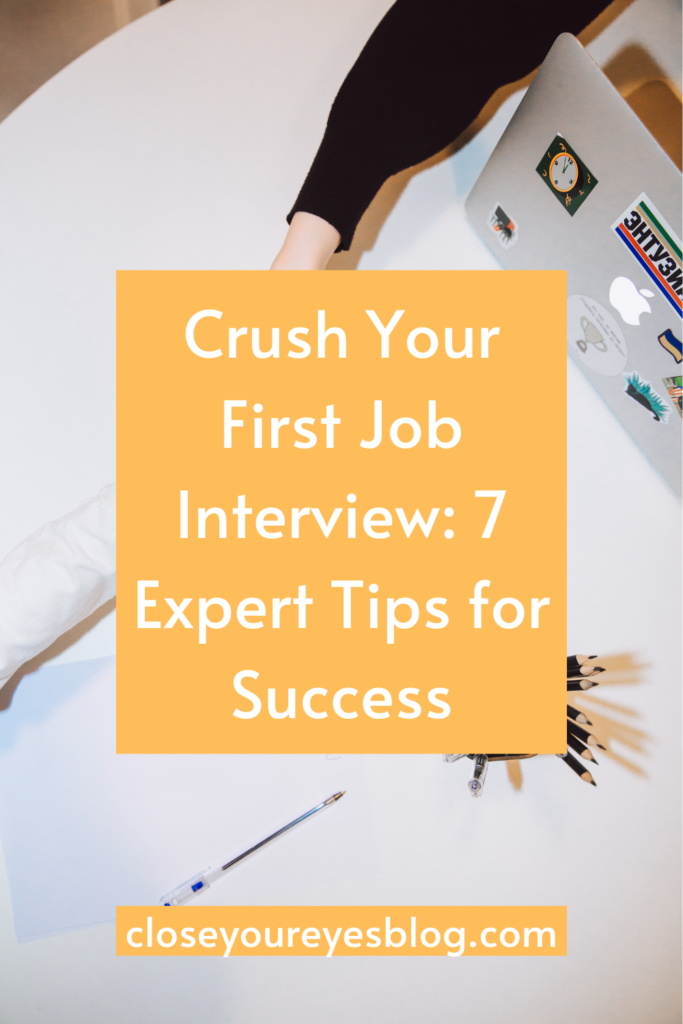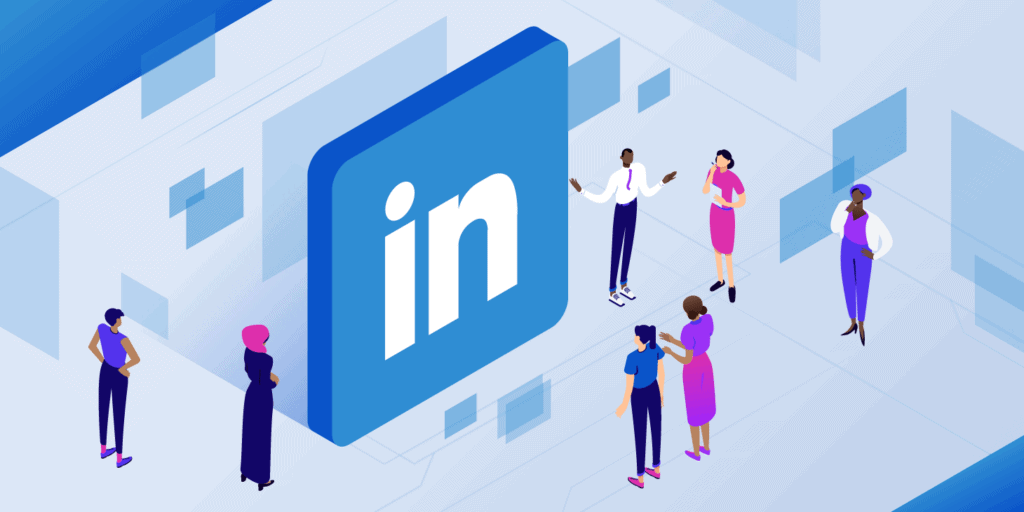Do you have your first interview coming up? Learn how to walk into that room feeling prepared and confident.

Preparing for an interview can be intimidating, especially if it’s your first one.
I remember my first interview was for a fellowship in New York City with a prestigious French bank, and I was feeling really nervous heading into the call. Turns out that it wasn’t so bad, and I got an offer to join the program.
As I had more and more experience with interviews, I noticed that every interview has the same pattern, and I leveraged that to feel more prepared and comfortable moving forward.
Whether you are seeking a career in finance or engineering, you can use the tips below to feel like you have a legitimate shot of getting the job offer you applied for.
#1: Create and practice your elevator pitch
This is probably one of the two most important things to master going into any interview.
An elevator pitch is meant to grab onto the interviewer’s attention to the point where they want to know more about you. I was taught to have a 90 second elevator pitch where I highlighted some of my achievements and some of the activities that I was doing while in college, both on and off my resume.
The way to end an elevator pitch is to tell the interviewer why you’re interested in the job/career that you’re applying for and why you’d be a good fit for the position.
An interviewer wants to see a candidate that is not only intelligent but also engaged with the role. You have to remember, there are hundreds and even thousands of candidates that applied for the same position and have the same required knowledge that you do for the job.
The things that differentiate you are the things you have accomplished, the things you’ve done while in school, and your personality.
If you can tell your interviewer the best things about your character in 90 seconds while expressing the interest you have in the position, you have a great shot at earning that spot in their company.
#2: Research the company you’re applying for
I would argue this is the second most important tip heading into an interview. Almost every interviewer will ask you why you’re interested in working for their company.
The best way to prepare for that question is to research what the company’s growth strategy is, their values, their history, and any recent news that has come out on them.
If you can feel comfortable talking about any of these topics and connect it to why you chose that company to work with, you’ll be playing music to any interviewer’s ear.
It is so important that you nail this question down if they ask you and it very well may be the question that determines whether you get the job or not.
#3: Ask questions!
Every interview will you give you time at the end to ask questions. I can’t stress enough how vital it is to at least ask one question to your interviewer(s).
If you don’t ask a question, it makes you look like you’re not that interested in the position or the company you’re applying for. If you happen to know the person or people that will be interviewing you, search them up on LinkedIn or their company’s website.
You should know at least one or two things about your interviewer if you have the chance. Even if you don’t, you can come up with questions that you know they can answer for you.
I remember asking four questions to my interviewers for my interview to the internship I ended up getting in college. I could tell right away from their faces that they loved my questions, and I knew at that moment that I had the position locked up in the bag.
#4: Know your strengths and weaknesses
Nobody is perfect in this world. We all have our strengths and weaknesses whether we recognize them or not.
Most employers will ask you to identify some of your strengths and weaknesses in an effort to learn more about you. A good rule of thumb is to identify three for each category.
When you identify your strengths, you want them to relate in some way to the position you’re applying for. For example, I said one of my strengths was time management and that it would allow me to work on multiple tasks for my managers at the bank because I know how to prioritize my time with the work I’m given.
Something as simple as that can give off a good impression to an interviewer.
For your weaknesses, you want to make sure they don’t make you look terrible and make sure you can tell your interviewer how you’re working on them. They want to see that you’re aware of your weaknesses and that you’re doing something about it. Keep your strengths and weaknesses simple.
#5: Practice interviewing with your professors or at a career fair
I remember very well that I had a career fair the week before my two interviews for a summer internship. The career fair was for accounting majors, but I asked to attend to practice interviewing with several companies in one day.
It was probably the best decision I made in college.
The more I practiced my 90 second elevator pitch and figuring out ways to express my personality during the interviews, the more I felt confident with myself heading into my real interviews. I took notes of questions that I was asked that I didn’t like my answer to and questions that I was asked that I loved my answer to.
With every practice interview that I did, the more feedback I would get about myself both good and bad. It helped me so much and I aced my two interviews the following week. The more practice you get, the more comfortable you’ll feel with your interviewing skills.
#6: Be familiar with current events
More often than not, an interviewer will ask you for your opinion on the industry and how you see it changing in the next five to ten years. In order to feel good about answering that question, you need to know what’s going on.
In other words, you need to be up to date with the news.
When I was asked about my opinion on an industry that would grow in the next five years, I was lucky that during that week there was a law that California signed related to the EV industry that was important to the country. It was a no brainer for me, and I argued that the EV industry would grow its potential within the next five or ten years as this law was signed and other states could follow.
It was enough to spark a small conversation with my interviewers and I definitely passed that question with flying colors. I know this tip may seem annoying, but it’s super important to know what’s going on in the world with the industry you’re about to enter.
#7: Review important terms or notes that can prepare you for any possible technical questions
It’s expected that an interview will ask you some technical questions related to the job. Depending on the interviewers, these questions may be pretty simple and relaxed or they can be pretty complex.
From my experience, these interviews only ask you one technical question most of the time, but I wasn’t surprised when I would get asked two or three.
If you do really good with the personal questions, you’ll probably only get one technical question, especially if you’re applying for an internship. Most employers will have sympathy and ask you basic questions since they know you don’t have experience in the field.
Every interview is different, but if there’s only one interview for a position, chances are you’ll be asked at least one technical question. Make sure you review your notes or search up important terms that you should know if you work in that industry.
I overprepared myself, which made me feel more relaxed come interview time. This tip will vary from career to career, but definitely make sure to be able to speak about the technical part of the job somewhat comfortably.
I will end by saying that what matters most to an interviewer is your personality. Employers want to hire people who they’ll enjoy working with every day.
Anybody can learn what they need to learn for a job, but what separates you is the kind of person you are and how badly you want the position. Make sure to let your personality shine in your interview and you’ll do just fine.



